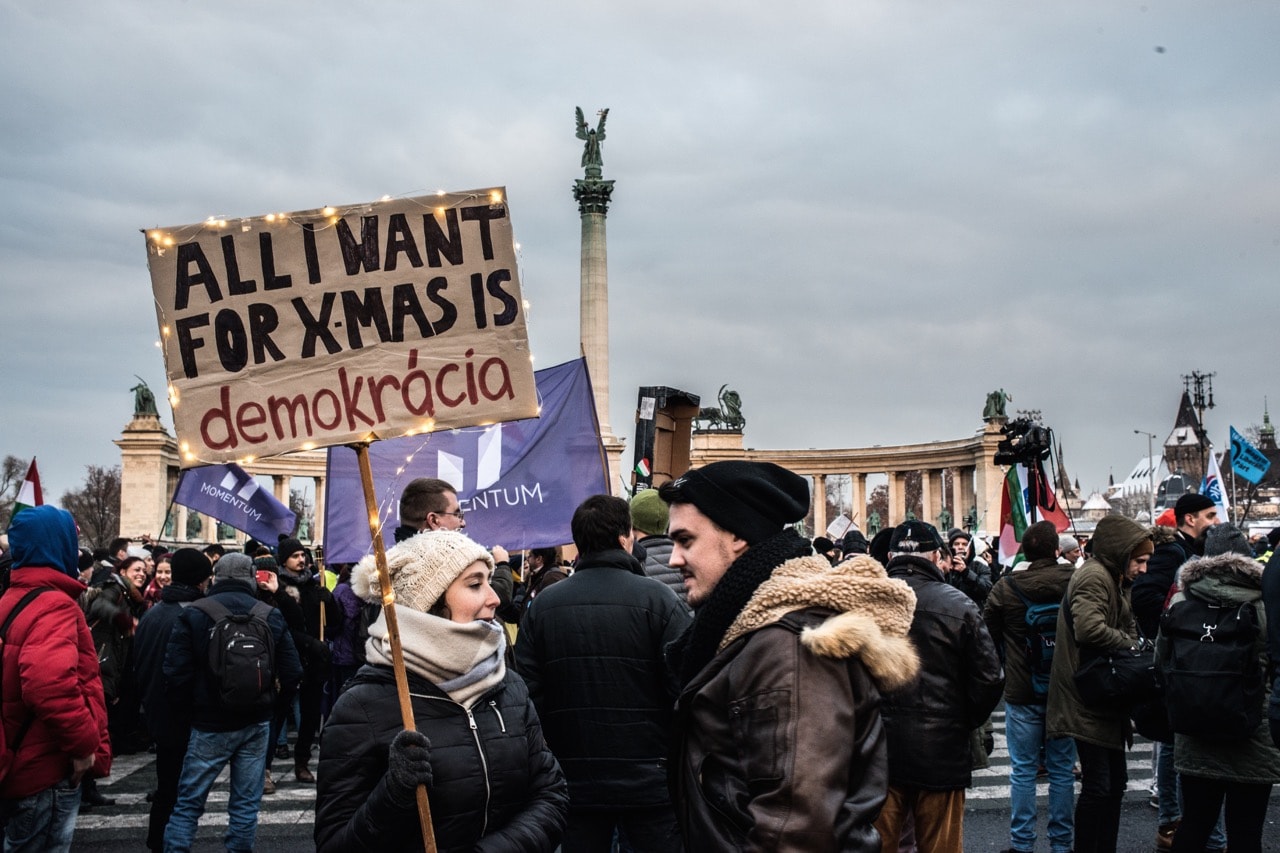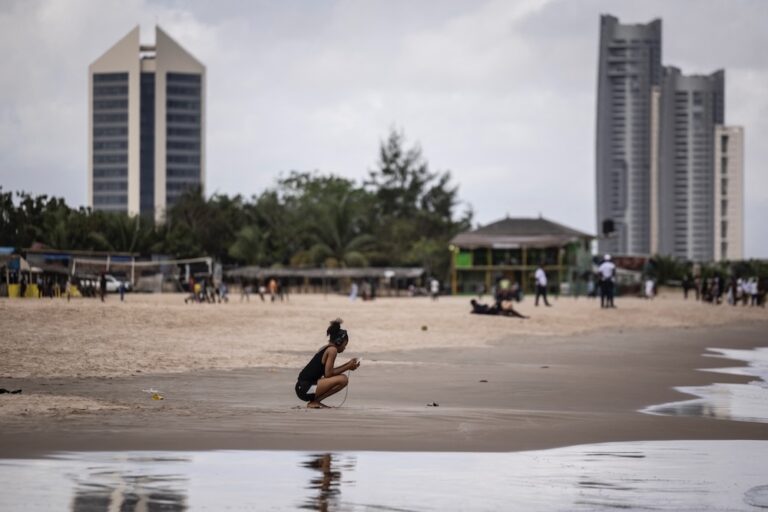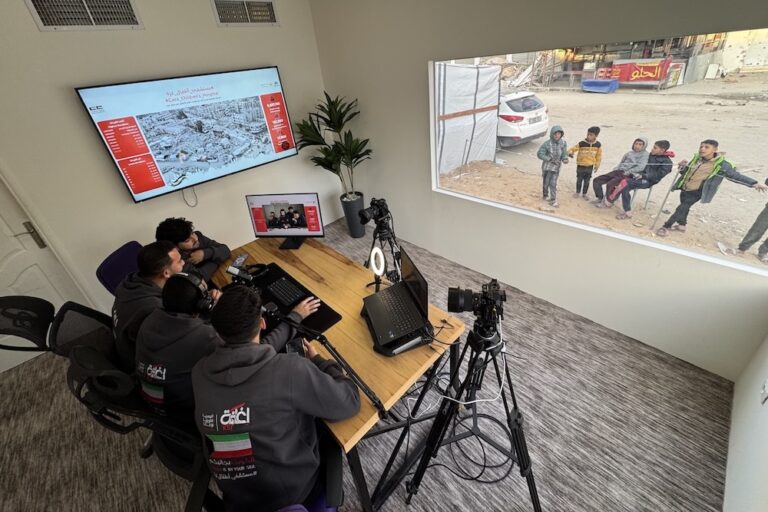Freedom House has recorded global declines in political rights and civil liberties for 13 consecutive years.
This statement was originally published on freedomhouse.org on 5 February 2019.
Freedom in the World has recorded global declines in political rights and civil liberties for an alarming 13 consecutive years, from 2005 to 2018. The global average score has declined each year, and countries with net score declines have consistently outnumbered those with net improvements.
A widespread problem: The 13 years of decline have touched all parts of the world and affected Free, Partly Free, and Not Free countries alike. Every region except Asia-Pacific has a lower average score for 2018 than it did in 2005, and even Asia declined when countries with less than 1 million people – mostly small Pacific Island states – are excluded. Not Free countries as a group suffered a more significant score drop than Free or Partly Free countries, which also declined.
Faltering post–Cold War democratization: The end of the Cold War facilitated a wave of democratization in the late 20th century, but a large share of countries that made progress during that time were unable to maintain it. On average, countries that earned a status upgrade – from Not Free to Partly Free, or Partly Free to Free – between 1988 and 2005 have faced an 11 percent drop in their numerical score during the 13 years of decline.
Consolidated democracies slip: Social and economic changes related to globalization have contributed to a crisis of confidence in the political systems of long-standing democracies. The democratic erosion seen among Free countries is concentrated in consolidated democracies – those that were rated Free from 1985 through 2005, the 20-year period before the 13-year decline.
Despite a continued downward trajectory overall, there were several more countries with net improvements in 2018 than in 2017, and a somewhat smaller number with net declines. This does not mean the threat to democracy is coming to an end. Hostile forces around the world continue to challenge the institutions meant to protect political rights and civil liberties, and the damage accrued over the past 13 years will not soon be undone.
Freedom in the World 2019 Freedom Status Changes
Hungary: Hungary’s status declined from Free to Partly Free due to sustained attacks on the country’s democratic institutions by Prime Minister Viktor Orbán’s Fidesz party, which has used its parliamentary supermajority to impose restrictions on or assert control over the opposition, the media, religious groups, academia, NGOs, the courts, asylum seekers, and the private sector since 2010.
Serbia: Serbia’s status declined from Free to Partly Free due to deterioration in the conduct of elections, continued attempts by the government and allied media outlets to undermine the independent journalists through legal harassment and smear campaigns, and President Aleksandar Vučić’s de facto accumulation of executive powers that conflict with his constitutional role.
Nicaragua: Nicaragua’s status declined from Partly Free to Not Free due to authorities’ brutal repression of an antigovernment protest movement, which has included the arrest and imprisonment of opposition figures, intimidation and attacks against religious leaders, and violence by state forces and allied armed groups that resulted in hundreds of deaths.
Uganda: Uganda’s status declined from Partly Free to Not Free due to attempts by long-ruling president Yoweri Museveni’s government to restrict free expression, including through surveillance of electronic communications and a regressive tax on social media use.
Zimbabwe: Zimbabwe’s status improved from Not Free to Partly Free because the 2018 presidential election, though deeply flawed, granted a degree of legitimacy to the rule of President Emmerson Mnangagwa, who had taken power after the military forced his predecessor’s resignation in 2017.
The United States in Decline
Challenges to American democracy are testing the stability of its constitutional system and threatening to undermine political rights and civil liberties worldwide. As part of this year’s report, Freedom House offers a special assessment of the state of democracy in the United States midway through the term of President Donald Trump. While democracy in America remains robust by global standards, it has weakened significantly over the past eight years, and the current president’s ongoing attacks on the rule of law, fact-based journalism, and other principles and norms of democracy threaten further decline.
Having observed similar patterns in other nations where democracy was ultimately overtaken by authoritarianism, Freedom House warns that the resilience of US democratic institutions in the face of such an assault cannot be taken for granted.
Freedom House has tracked a slow overall decline in political rights and civil liberties in the United States for the past eight years, punctuated by an unusual three-point drop for developments in 2017. Prominent concerns have included Russian interference in US elections, domestic attempts to manipulate the electoral system, executive and legislative dysfunction, conflicts of interest and lack of transparency, and pressure on judicial independence and the rule of law.
This year, the United States’ total score on the 100-point scale used by Freedom in the World remains the same as in the report covering 2017, with two indicators changing in opposite directions:
. The score for freedom of assembly improved, as there was no repetition of the protest-related violence that had led to a lower score for the previous two years. In fact, there was an upsurge of civic action and demonstrations on issues ranging from women’s rights and immigration policy to the problem of mass shootings in schools.
. The score for equal treatment before the law declined due to government policies and actions that improperly restricted the legal rights of asylum seekers, signs of discrimination in the acceptance of refugees for resettlement, and excessively harsh or haphazard immigration enforcement policies that resulted in the separation of children from adult family members, among other problematic outcomes.
The United States currently receives a score of 86 out of 100 points. While this places it below other major democracies such as France, Germany, and the United Kingdom, it is still firmly in the Free category. Nevertheless, its decline of eight points in as many years is significant. The United States’ closest peers with respect to total Freedom in the World scores are Belize, Croatia, Greece, Latvia, and Mongolia.



